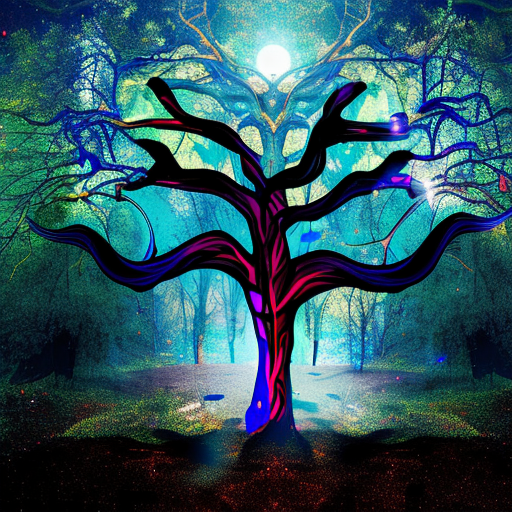The Witch Elm: A Summary
One-line summary: “The Witch Elm” is a gripping psychological thriller that explores the dark secrets hidden within a family and the consequences of unearthing them.
In “The Witch Elm,” written by Tana French, the story revolves around Toby Hennessy, a charismatic and privileged young man who seemingly has it all. However, his life takes a dramatic turn when he becomes the victim of a brutal home invasion that leaves him physically and emotionally scarred. As he struggles to recover, Toby finds solace in his family’s ancestral home, the Ivy House, where he hopes to find peace and healing. But when a skull is discovered in the hollow trunk of a witch elm tree in the garden, Toby’s life takes an even darker turn.
The Unraveling of a Family
As the investigation into the skull’s identity unfolds, Toby’s family is drawn into the spotlight. The Hennessys, once a tight-knit and seemingly perfect family, begin to unravel as long-held secrets and resentments come to the surface. Toby’s cousins, Susanna and Leon, become key players in the narrative, each harboring their own secrets and motivations. The dynamics between the family members become increasingly strained as they grapple with their own guilt and the fear of exposure.
The Complexity of Memory
One of the central themes in “The Witch Elm” is the complexity of memory. Toby’s traumatic experience has left him with gaps in his recollection of events, forcing him to question his own sanity and reliability as a narrator. As he delves deeper into the mystery of the skull, Toby’s memories start to resurface, revealing a much darker side to his own past. French masterfully explores the fragility of memory and how it can be manipulated, highlighting the unreliability of our own perceptions.
The Nature of Identity
Another prominent theme in the novel is the nature of identity. Toby, once confident and self-assured, is forced to confront his own sense of self as he grapples with the aftermath of the home invasion. The discovery of the skull further challenges his understanding of who he is and his place within his family. French skillfully explores the idea that our identities are not fixed but rather shaped by our experiences and the secrets we keep.
As the story unfolds, Toby finds himself entangled in a web of lies, betrayal, and deceit. The investigation into the skull’s identity becomes a catalyst for the unraveling of his own identity, as well as the dark secrets that have long haunted his family. With each twist and turn, the tension builds, keeping readers on the edge of their seats.
Key takeaways from “The Witch Elm” include:
- The complexity of memory and its impact on our sense of self
- The consequences of unearthing long-held family secrets
- The fragility of identity and how it can be shaped by our experiences
- The unreliability of our own perceptions and the potential for manipulation
In conclusion, “The Witch Elm” is a gripping psychological thriller that delves into the dark recesses of a family’s past. Tana French’s masterful storytelling keeps readers captivated as they navigate the twists and turns of the narrative. Through themes of memory, identity, and family, French explores the depths of human nature and the consequences of unearthing buried secrets.
“We’re all just people, Toby. Trying to do our best, sometimes messing up, sometimes succeeding. We’re all just people.”
– Tana French, The Witch Elm












